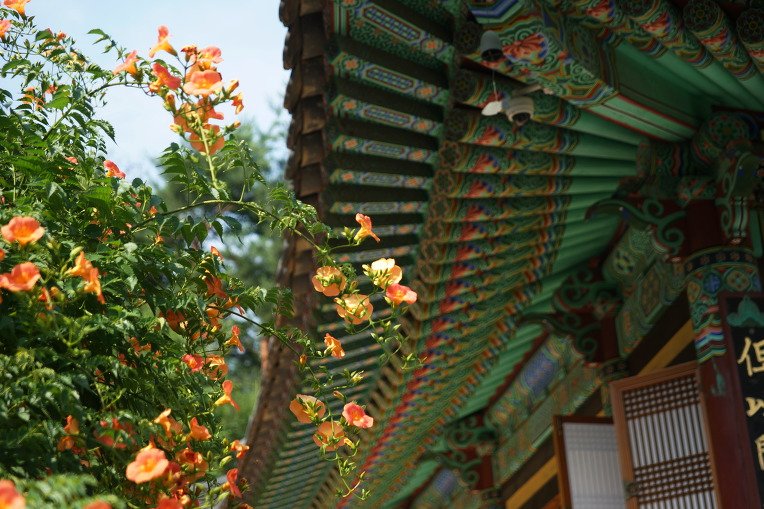저, 원룸 좀 알아보려고요.
I want to check out the studio.
이쪽으로 앉으세요. 어떤 방을 찾으시나요?
Sit this way. Which room are you looking for?
지하철역 부근에 있는 월세가 싼 방이요. 30만 원 정도 하는 방이 있을까요?
It’s a cheap room in the vicinity of the subway station. Is there room for about 300,000 won?
30만 원요? 역세권에 그렇게 싼 방은 없을 텐데요.
300,000 won? There is not a room that cheap in the station district.
그래요? 가격이 어떻게 돼요?
Really? What is the price?
보증금에 따라 다르지만 대략 4,50만 원 정도 해요.
It depends on the deposit, but it’s about 400,000 won or 500,000 won.
N에 따라
It is followed by a noun. The following clause becomes the standard after the preceding phrase with a noun. ‘다르다, 달라진다’ are the most useful verbs for the following clauses.
카멜레온의 몸 색깔은 주변 환경에 따라 달라집니다.
The chameleon’s body color changes by the nearby environment.
음식 재료에 따라 가격이 달라요.
The price will be different by ingredients of food.
날씨에 따라 집의 형태가 다르다.
The structure of the house will be different by weather.
Related words
부근 nearby
역세권 station district
가격 price
대략 approximately

Source: Yonsei University. Korean Language Institute
